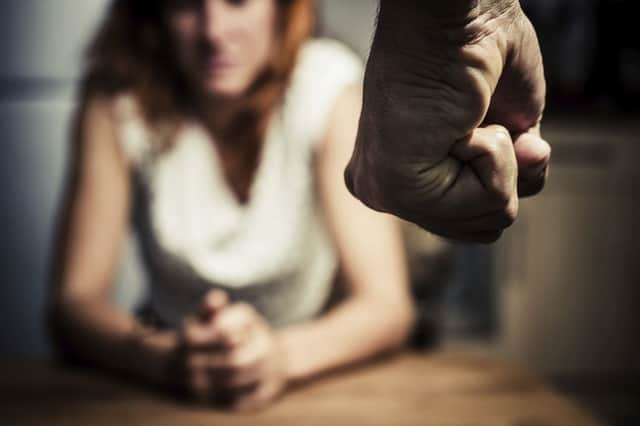Yorkshire study lays bare harrowing accounts of disabled victims of sexual and physical abuse


The University of Leeds has been involved in a Europe-wide study assessing the difficulties confronting disabled women in accessing support services.
Dr Sarah Woodin, research fellow in the department of sociology and social policy, carried out a series of interviews with volunteers who had suffered at the hands of partners and carers.
Advertisement
Hide AdAdvertisement
Hide AdTheir personal accounts feature in the paper ‘Access to specialised victim support services for women with disabilities who have experienced violence’ which was presented to the British Sociological Association’s annual conference in Glasgow.
Dr Woodin said: “Some of the accounts were awful, distressing, but I think what struck us was not so much the personal accounts, but that all the problems getting access to help are so entrenched.”
Among the women Dr Woodin interviewed was a 48-year-old from Leeds who was abused at a college for people with learning difficulties in the 1980s.
She said: “I was raped when I was just coming up to my 18th birthday and he physically and mentally abused me ... it happened not just to me, it happened to three other people.”
Advertisement
Hide AdAdvertisement
Hide AdRoughly half of disabled women are thought to suffer abuse at some point in their lives, double the estimated number of all women who are targeted.
The study found that disabled girls and women were particularly vulnerable to abuse by carers and partners because of their isolation and physical incapacity.
In many cases victims relied on their abusers to get around or depended on them to provide medication.
A 34-year-old Leeds woman told the researchers how she experienced abuse from her carer and partner over almost a decade. “He would purposefully give me the strongest painkillers when my friends were coming, and they couldn’t come then because I was asleep,” she said. “He would cancel care shifts, he would then say that I’d cancelled them.”
Advertisement
Hide AdAdvertisement
Hide AdDr Woodin, who carried out the study in conjunction with Glasgow University, said: “We need to think about how we can address the barriers so that women can get help. The main thing is to remember that all these women show tremendous strength and fortitude. We don’t need to impose these services on them, but empower them to access them.”
The head of domestic violence services in Leeds said community services could play a part.
Nik Peasgood, director of charity Halt, who runs the Leeds domestic violence project, said: “I think community based services need to get out more. A woman might have existing links with other services who could be better placed to put her in contact with specialist services.”
Ms Peasgood said about 20 per cent of clients the service helps class themselves as having a disability. But she added: “As with other hard-to-reach groups, we think the women we see are just the tip of the iceberg.
“They face significant additional barriers – the physical accessibility of services; the massive reliance on partners as carers because they are very dominant in the world that the victims live in.”